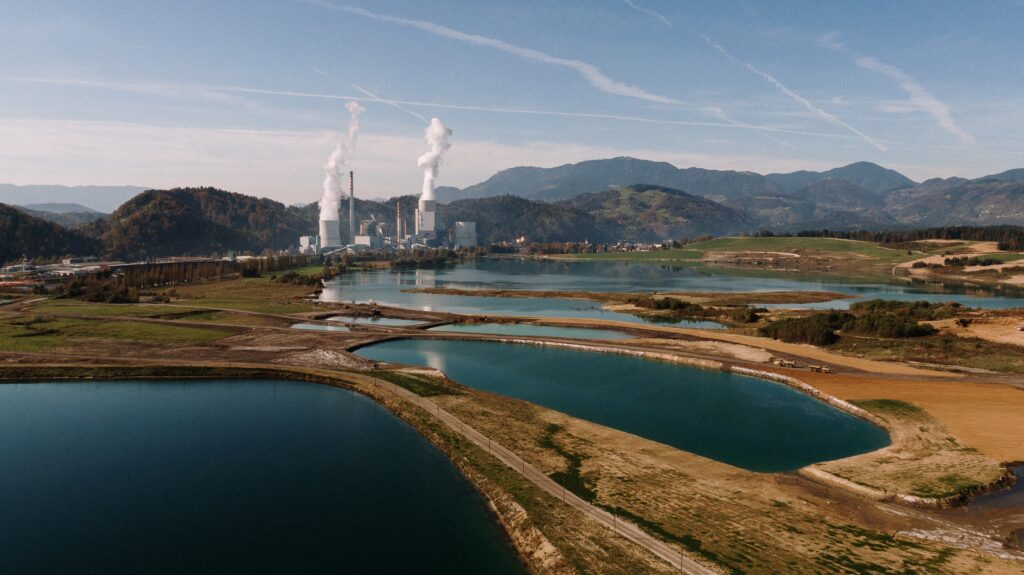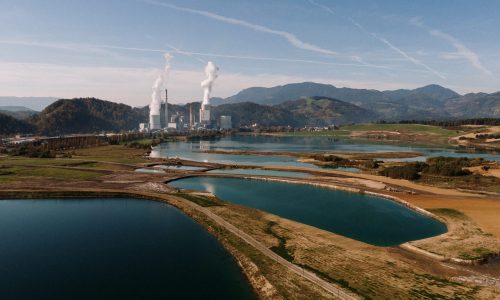Industry is one of the main sectors of the economy with significant energy consumption. With climate change and increased environmental awareness, the application of geothermal energy in the industrial sector is becoming increasingly attractive. Geothermal energy offers not only a green solution, but also a stable and inexhaustible source of energy that can revolutionize the way industry uses energy.
Using geothermal energy for heating and cooling
One of the main applications of geothermal energy in industry is its use for heating and cooling. Geothermal heat pumps can be used to extract heat energy from deep geothermal sources and transfer it to industrial processes. Similarly, during summer periods, geothermal energy can be used to cool industrial premises and equipment, helping to reduce greenhouse gas emissions and air-conditioning costs.
Electricity production from geothermal heat sources
Geothermal energy can also be used to generate industrial electricity. Geothermal power plants use natural heat resources from the Earth’s interior to generate steam, which then drives turbines and electrical generators. This process is not only environmentally friendly, but also reliable, as geothermal energy is available year-round and independent of weather conditions or time of day.
Application of geothermal energy in heavy industry
Heavy industry, like steel or metallurgy, requires significant amounts of energy for its production processes. Geothermal energy can provide an alternative to traditional energy sources such as coal and gas, providing clean and reliable energy. The use of geothermal energy in heavy industry can contribute to a significant reduction in greenhouse gas emissions.
Development potential and benefits for the industrial sector
The application of geothermal energy in the industrial sector has great potential for development. First of all, geothermal energy is a renewable energy source, which means it is not limited by depletion of resources. This is important given the growing demand for energy in industry and the need to reduce greenhouse gas emissions.
Another benefit of geothermal energy is the stability of supply. Unlike other energy sources, such as fossil fuels, geothermal energy is not dependent on imports and is not subject to price volatility on the world market. The industry can therefore benefit from a reliable source of energy, which translates into greater planning certainty and reduced risks associated with energy price fluctuations.
In addition, the use of geothermal energy in the industrial sector contributes to reducing emissions of harmful substances. Industry is one of the main emitters of greenhouse gases and other atmospheric pollutants. Switching to geothermal energy makes it possible to significantly reduce emissions of carbon dioxide and other harmful substances, which contributes to improved air quality and environmental protection.
In addition to the environmental benefits, the use of geothermal energy in industry can contribute to financial savings. Although the initial investment may be costly, the long-term economic benefits can be substantial. Geothermal energy is a sustainable source of energy, which eliminates the need to purchase and transport fuels. The industry can therefore save on operating costs and reduce the risks associated with energy price volatility.
In conclusion, the application of geothermal energy in the industrial sector has many advantages. A green solution, stability of supply, reduction of greenhouse gas emissions and financial savings are just some of the benefits of this application. The proper use of geothermal energy can contribute to the transformation of the industrial sector, accelerating the path to sustainable development and a low-carbon economy.





